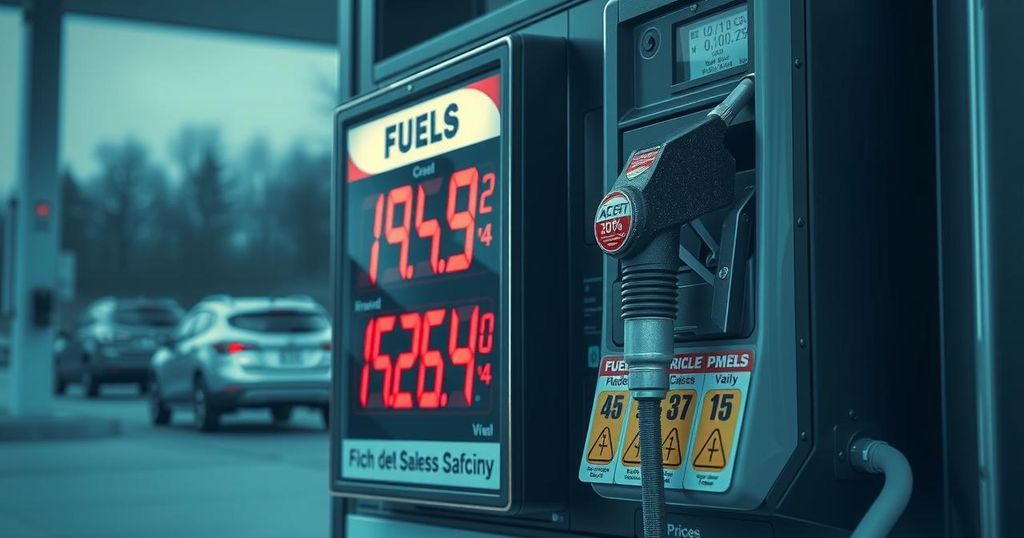Concerns Over Proposed 15% Fuel Levy by Rwanda’s Government

On March 19, MPs expressed concerns over a proposed 15% fuel levy by the government. This levy seeks to replace a fixed charge of Rwf115 per liter with a percentage-based calculation. While intended to generate revenue for road maintenance, MPs worry it may escalate costs for consumers and diminish the competitiveness of local goods.
On March 19, Members of Parliament (MPs) expressed their apprehensions regarding the government’s proposed introduction of a 15 percent fuel levy. This initiative aims to alter the existing fuel levy structure by introducing an annual levy on motor vehicles, which is designed to replace the fixed charge of Rwf115 per liter of fuel, unchanged since 2016.
Godfrey Kabera, Minister of State for National Treasury at the Ministry of Finance and Economic Planning (MINECOFIN), justified the proposal by highlighting the need for the levy to adapt to rising fuel prices and increasing road maintenance costs. He explained that while the levy constituted 15 percent of petrol prices in 2016, it has not been adjusted since, and the new calculation will allow it to reflect current market conditions.
The government asserts that the additional revenue generated from this levy will fund improvements in road infrastructure and maintenance, thereby alleviating traffic congestion. However, MP Jean Claude Ntezimana cautioned that such an increase might undermine Rwanda’s competitive fuel pricing, which has historically been low, despite its landlocked status. He raised concerns that consumers would face increased transport costs due to the new levy.
MP Beth Murora added to the discussion by noting that higher fuel levies could adversely affect the competitiveness of locally produced goods against cheaper imports. She questioned how authorities would ensure that this tax structure does not further disadvantage domestic products.
In response, Kabera assured the MPs that the levy increase would be implemented gradually and would not cause significant fluctuations in fuel prices, estimating that it would rise from Rwf115 to Rwf150 per liter, a mere increase of Rwf35. He emphasized that road users should contribute to road maintenance costs and indicated the government’s willingness to intervene if fuel prices unexpectedly escalated.
As it stands, the bill is under parliamentary review, with MPs seeking further clarification on its ramifications for the economy and the overall cost of living for citizens.
The proposal for a 15 percent fuel levy has raised significant concerns among Members of Parliament, primarily about its impact on consumer costs and local competitiveness. The government defends the measure as necessary for adapting to inflation and improving infrastructure. Going forward, the bill’s potential effects on the economy and cost of living warrant careful scrutiny and consideration.
Original Source: www.newtimes.co.rw








